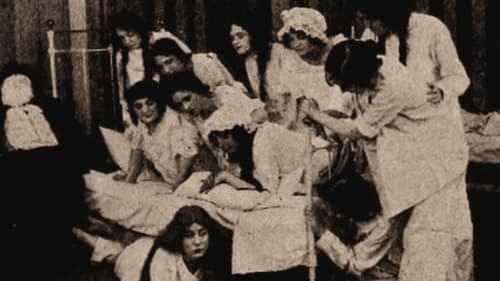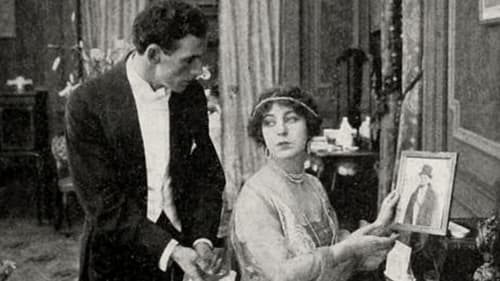
The Count
Mary Miles Minter is Sylvia, the niece of a man who leaves her a fortune. The money is in the hands of his lawyer, Baxter, who uses it to support his ambitious wife and daughter. Sylvia comes to Baxter's home and it's obvious she's not wanted there. Arnold, Baxter's son, is wasting his life away with drinking and nightclubbing, but Sylvia sweetly influences him to straighten up.

Count Bela Karpathy
After Count John Karpathy, belovedly known as the Nabob, falls ill while entertaining the peasants of his estate, his dissolute nephew and sole heir, Count Bela, comes home from Paris to acquire his inheritance. The Nabob recovers and, after hearing Bela's plan to squander the money, resolves not to give Bela anything while he lives.

Pierre

Bertie Cecil
Tells the story of an English aristocrat, apparently in disgrace, who disappears and joins a French battalion in Algeria, loosely based on the Foreign Legion.

Isabella's Father
Isabella De Ortega rides over to the mission for her music lesson. While she is there, pirates attack the mission and loot its treasures. The monks hide her in the tower, but she is discovered by the ruffian crew and in grave peril until the Americano, leader of the pirate band, rescues her at his own risk.

Duc de Bligny
Between the wealth of the aristocrat and the fortune of the successful tradesman there is a great social difference, which is emphasized in this drama.

Tom Warriner aka Tom Drake
Set in London (but filmed in New Jersey), the story endeavors to prove that man's greatest enemy is liquor. When elderly tosspot John Warriner is shot for trespassing, Warriner's son holds property owner Sir Arthur Stanton. Thus begins a bitter and deadly feud between the Warriner and Stanton clans, fueled by rotgut booze. Prints of the film survive in the film archives of the Library of Congress and the Museum of Modern Art.

Williams' Son
The District Attorney came face to face with the man who he believed had murdered his father years before. This man was held for murder. The District Attorney made every effort to find his victim guilty. The night before the execution, however, a dying companion's confession placed the guilt where it belonged. Should he now, as District Attorney, destroy the confession or uphold the honor of the law?






